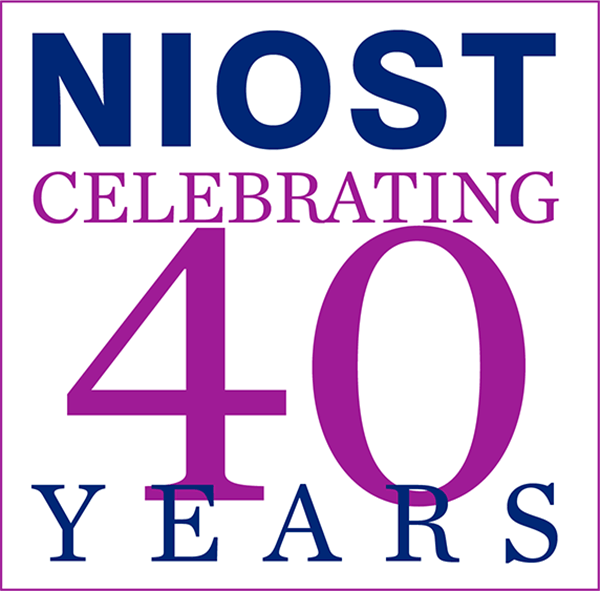Occasional Paper Spring 2005
Download the entire issue of Afterschool Matters Occasional Paper Spring 2005 as a pdf. 41 pages.
Download individual articles as pdfs:
- In between Work and School: Youth Perspectives of an Urban Afterschool Multimedia Literacy Program
By Katherine Schultz, Edward Brockenbrough, and Jaskiran Dhillon
In recent years, afterschool programs have come to be envisioned as sites for addressing the failure of urban schools to provide adolescents with the requisite skills and knowledge to participate in a rapidly shifting social, political, and economic landscape. The purpose and nature of such educational endeavors has taken many varied forms, as a growing number of stakeholders become invested in shaping the direction and implementation of afterschool programming. However, youth, as the recipients of these programs, have rarely been looked to as sources of experiential knowledge about the potential roles of afterschool programs in their personal development and academic education. Drawing on data from a yearlong ethnographic project documenting a media arts program housed in an urban comprehensive high school, this article foregrounds outh perspectives on their experience in an afterschool program, addressing in particular the ways in which this arts-based program functioned as a hybrid space between work and school. An investigation of youth perspectives invites us to rethink the potential of such educational spaces to enhance the learning of students who are most often marginalized in traditional school settings. It also raises important questions about knowledge production, skill development, and youth empowerment in afterschool programming. 18 pages. - The Connection between Afterschool Programs and In-School Success: The Science Mentoring Project
By Cheri Fancsali and Nancy Nevárez
This study investigated the ways in which the Science Mentoring Project, an afterschool program with a youth development focus and mentoring component, helped fifth-grade participants develop key competencies in five areas: personal, social, cognitive, creative, and civic competencies. Development of these competencies, in turn, positively affected participants’ school experiences. Using program observations, teacher interviews, student surveys, a student focus group, and mentor feedback forms, researchers studied how—not just whether—the project’s youth development activities affected school performance. The study’s evidence suggests that developing the key competencies affected three areas of participants’ school experiences: engagement and motivation, including increased interest in possible science careers; constructive behaviors, including positive risk-taking; and academic skills and knowledge, including increased awareness of environmental issues and vocabulary. The role models provided by high school mentors also helped build a critical foundation for student success. The findings of this study suggest the importance of including a youth development focus in afterschool programs. 17 pages.




